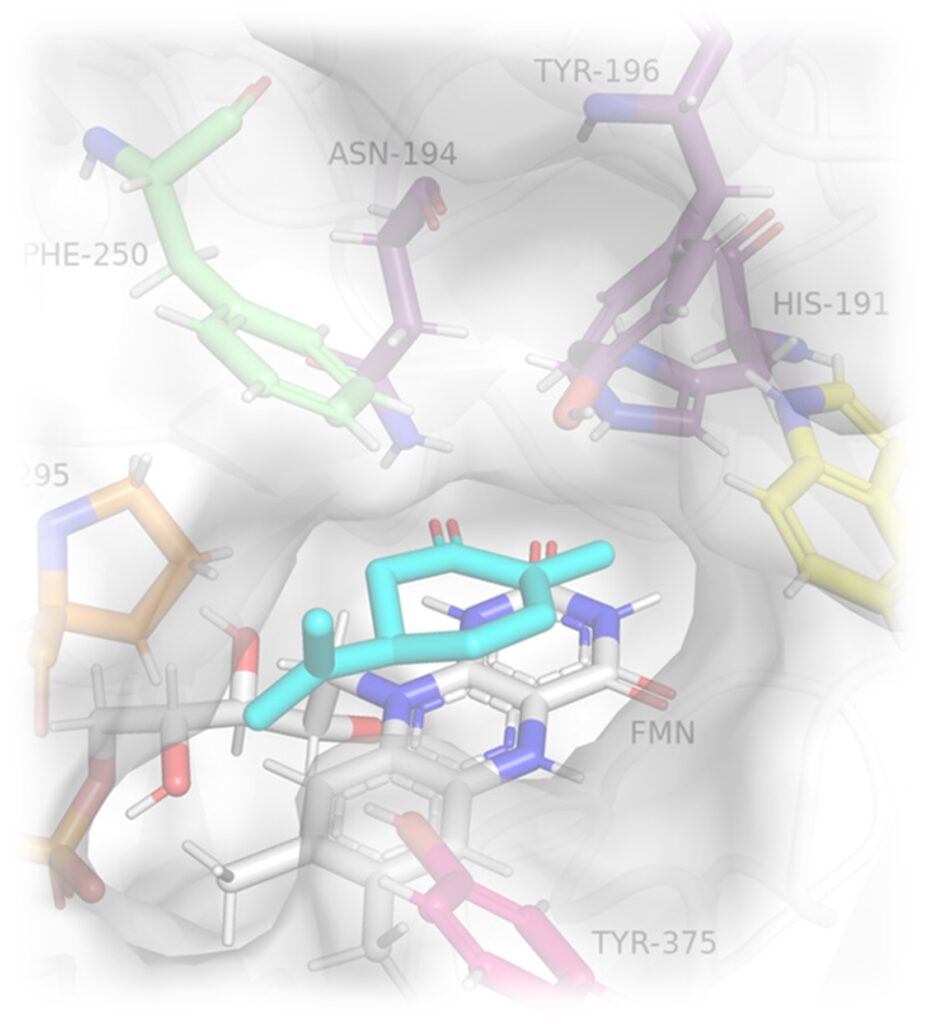Articles
_
_
Published on 09/09/2025
Many modern pharmaceuticals rely on non-natural amino acids bearing two stereocenters – a particular type of “building block” which is complex, laborious and often wasteful to produce.
The cassaFLOW project, led by researchers at TU Delft and backed by the European Innovation Council, is working on a cleaner, faster alternative. Their idea is to use enzymes—nature’s own catalysts—inside continuous flow reactors. Instead of laborious eight step processes, the team aims to produce these building blocks in just three steps.
Why does it matter?
This streamlined approach will:
What have we achieved so far?
By 2026, the project aims to deliver a working prototype process that could transform how we build pharmaceuticals: faster, cleaner and more reliably.

Figure: Representation of an enzyme of the ene-reductase (ERED) class, currently being tested as a biocatalyst within the project.